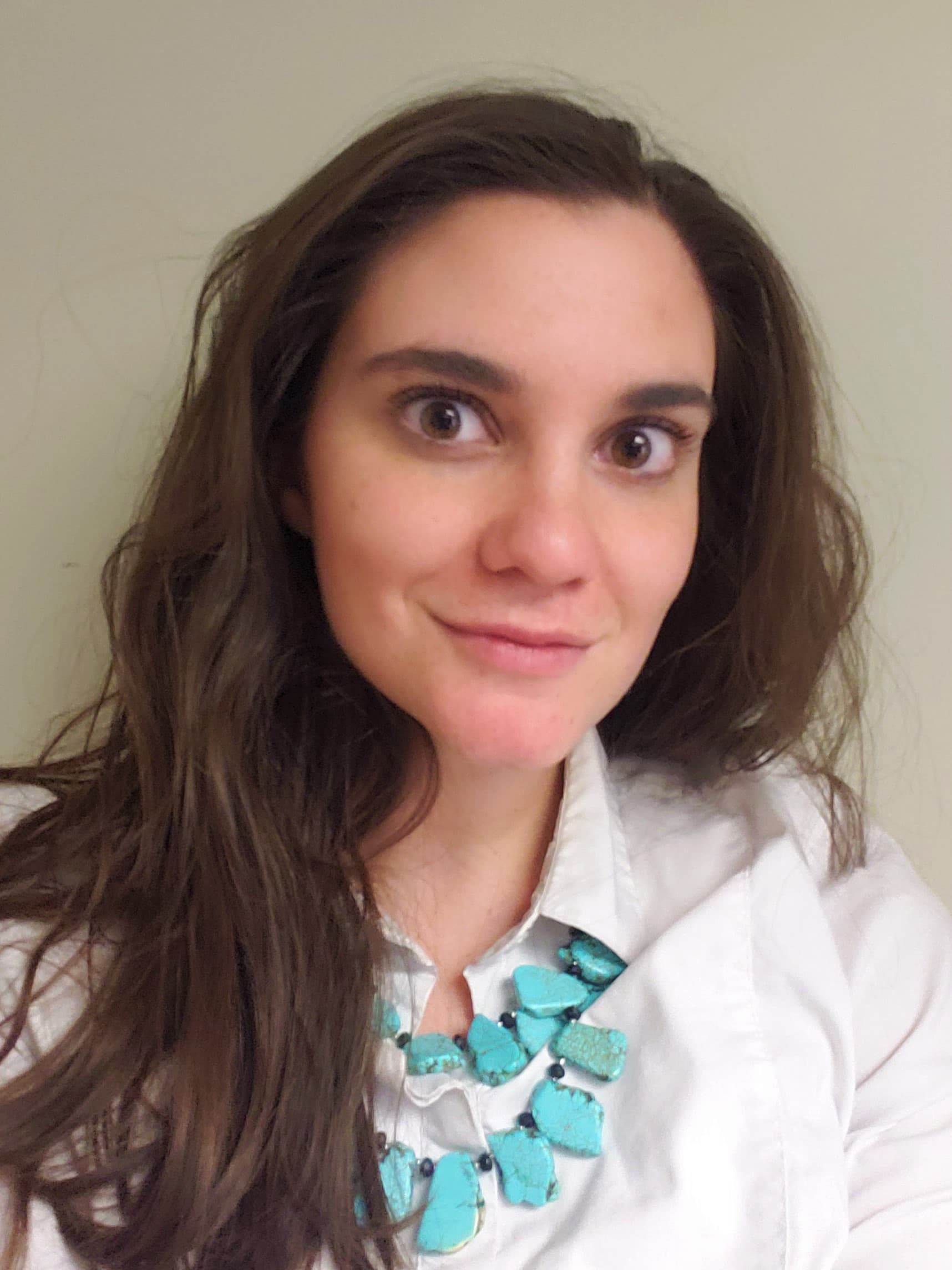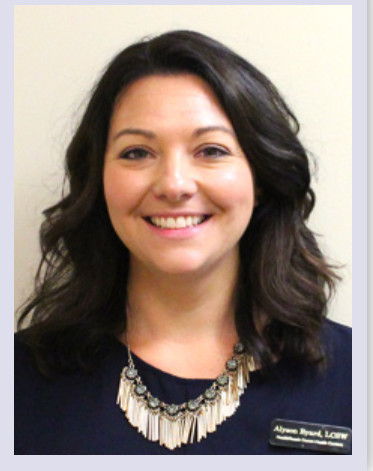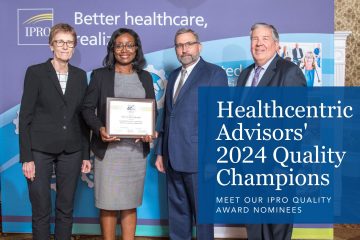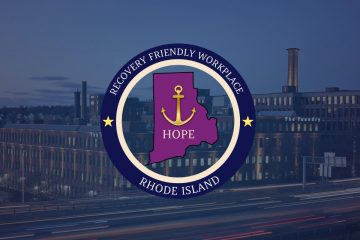World Social Work Day is March 17, 2020–a day to highlight the important role social workers worldwide, play in our society.
This year, the 2020 World Social Day highlights ‘Promoting the Importance of Human Relationships’ a theme that in the midst of social distancing takes on an interesting new meaning.
Our staff took the opportunity to view two social workers in New England they admire to get a sense of what they do and why their role is so critical today.
Rebecca Hand, Rhode Island College 
Clinical areas of interest and expertise: older adults with dementia, or other neurocognitive disorders that no longer live at home; interested in legislation that creates systemic and organizational change; those who are incarcerated
Q: Why is it important to build relationships in this field?
A: The whole point of being a social worker is to give others the tools to create their own change. Whether it be in their life or community. Nobody is going to take all of these tools or information unless they know it is legitimate. You work with a lot of families and if a family doesn’t trust you, they don’t want you to be involved in their loved one’s lives. Trust is so important for a social worker – nobody will open up to you unless they think you’re trustworthy.
Q: What inspired you to get into the field?
A: I knew I wanted to work in general social services because when I found out there were some things that was going on within my own family. During those times, I felt stupid, alone, and terrible. I wanted to normalize the craziness that my family went through, and what so many other families go through. It’s not uncommon to have family member that goes to rehab. Back then, if you had shared that, people would think you are crazy or come from a crazy family. The goal was I didn’t want people to feel the sadness that I felt. I wanted to do everything that I could to make sure people didn’t feel debilitatingly unhappy.
Q: What do you think your impact is on the community and has that made you want to become even more involved locally?
A: With my position right now, I focus on the community at work – I am the program director of a memory care community. The big thing everything is trying to do, and what I think we are successful at, is creating a person-centered environment.
I can see that staff really know the person and are not just task oriented. We have done a lot of work with our memory impaired community to remove stigma. People with dementia are still integral parts of society, and I am really proud of the education we have developed to make sure that people can feel comfortable and any stigma removed in regards to being with anyone with dementia.
Alyson Byard, LCSW, LADC, Western Maine Family Health Center 
Q: Why is it important to build relationships in this field?
A: Relationships provide the basis for working with many people. Social workers help to coordinate care and ensure there is a smooth transition between home, primary care, and other settings in our community. We help to get people where they need to be. Fostering strong relationships helps us do our work efficiently.
Q: What inspired you to get into the field?
A: The first psychology course I took was in my junior year of high school. After taking this class I felt a strong pull to pursue this work and never considered any other career path. I chose to pursue social work in my graduate work because of the versatility of the degree and the opportunity it provides to work in multiple settings such as clinical, advocacy, and working with the entire life span.
After my clinical field placement in my graduate work, I applied for an integrated role in a primary care setting. Due to not being independently licensed at the time I was not eligible. I pursued other positions in various other settings over the next few years. About a year into my current position at Western Maine Family Health Center, in an integrated primary care setting, I realized that I had come full circle with my goal to work in a setting that focuses on the whole person. I truly enjoy the honor and privilege of getting to watch firsthand the transformations and growth that people make in their lives.
Q: What do you think your impact is on the community and has that made you want to become even more involved locally?
A: We work with the entire lifespan in our community. We help to: reduce stigma and increase access to care, improve communication between medical providers and behavioral health providers, and educate staff on trauma-informed care practices, all of which help patients feel more engaged. The patients become healthier and happier which has a ripple effect into our community.


